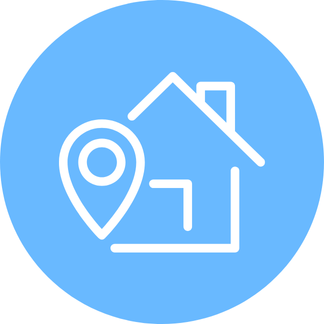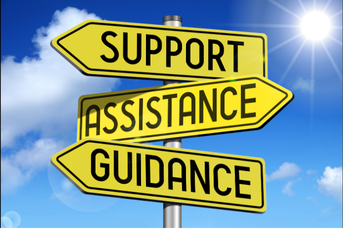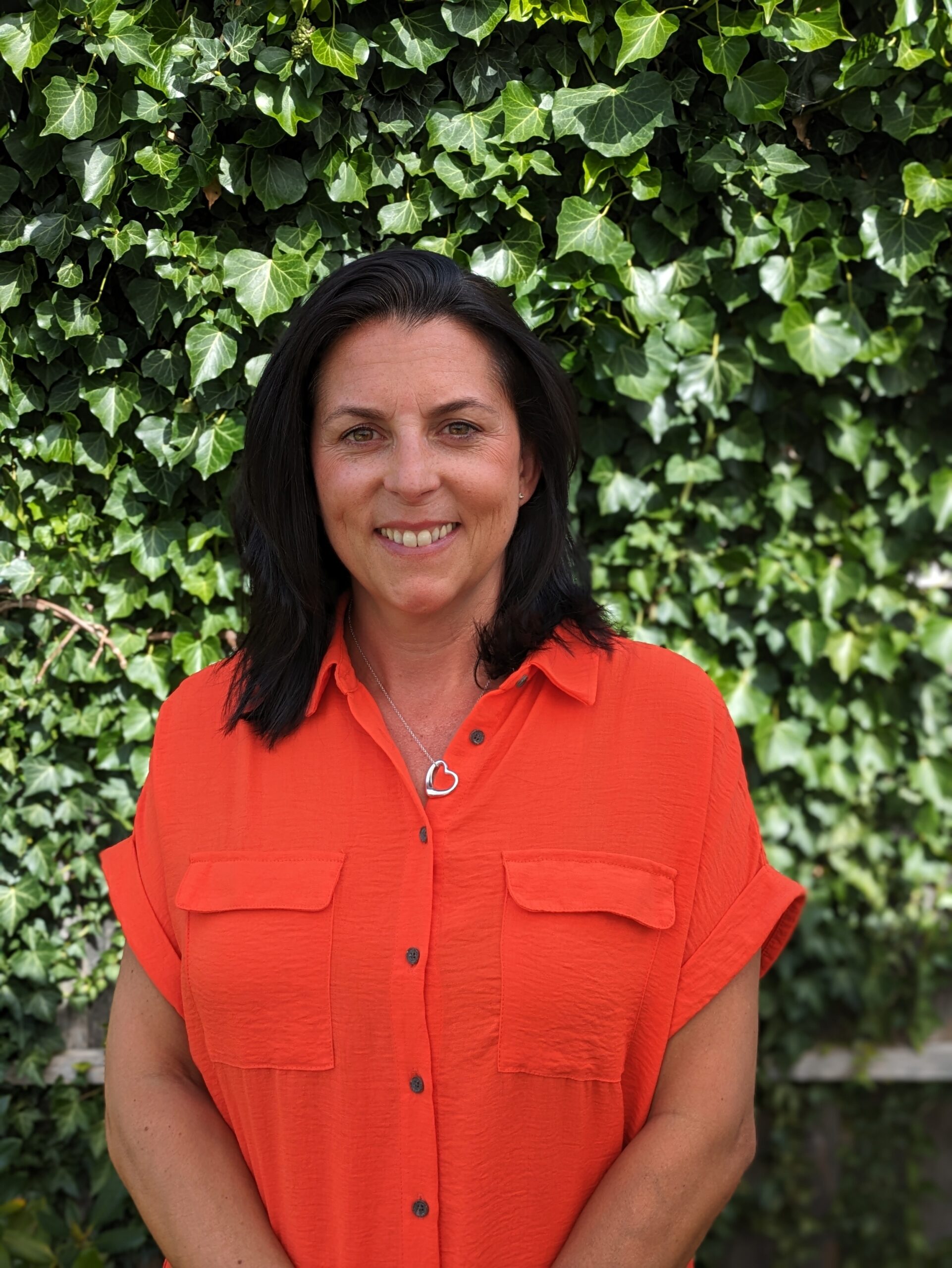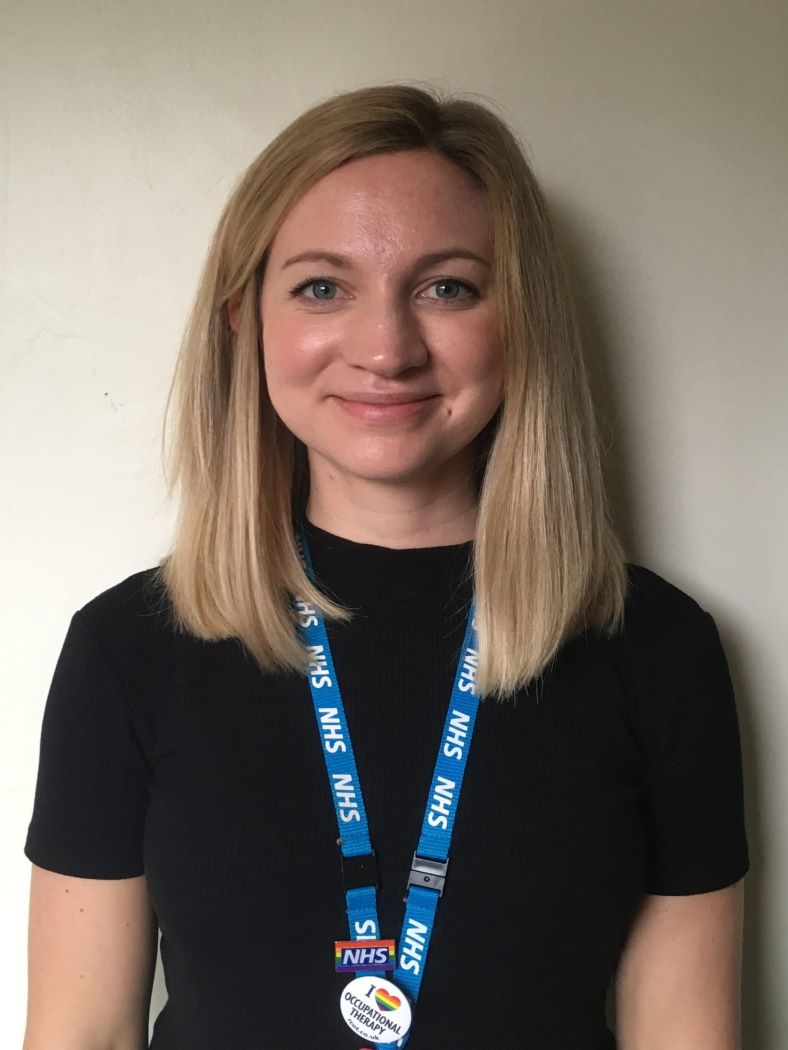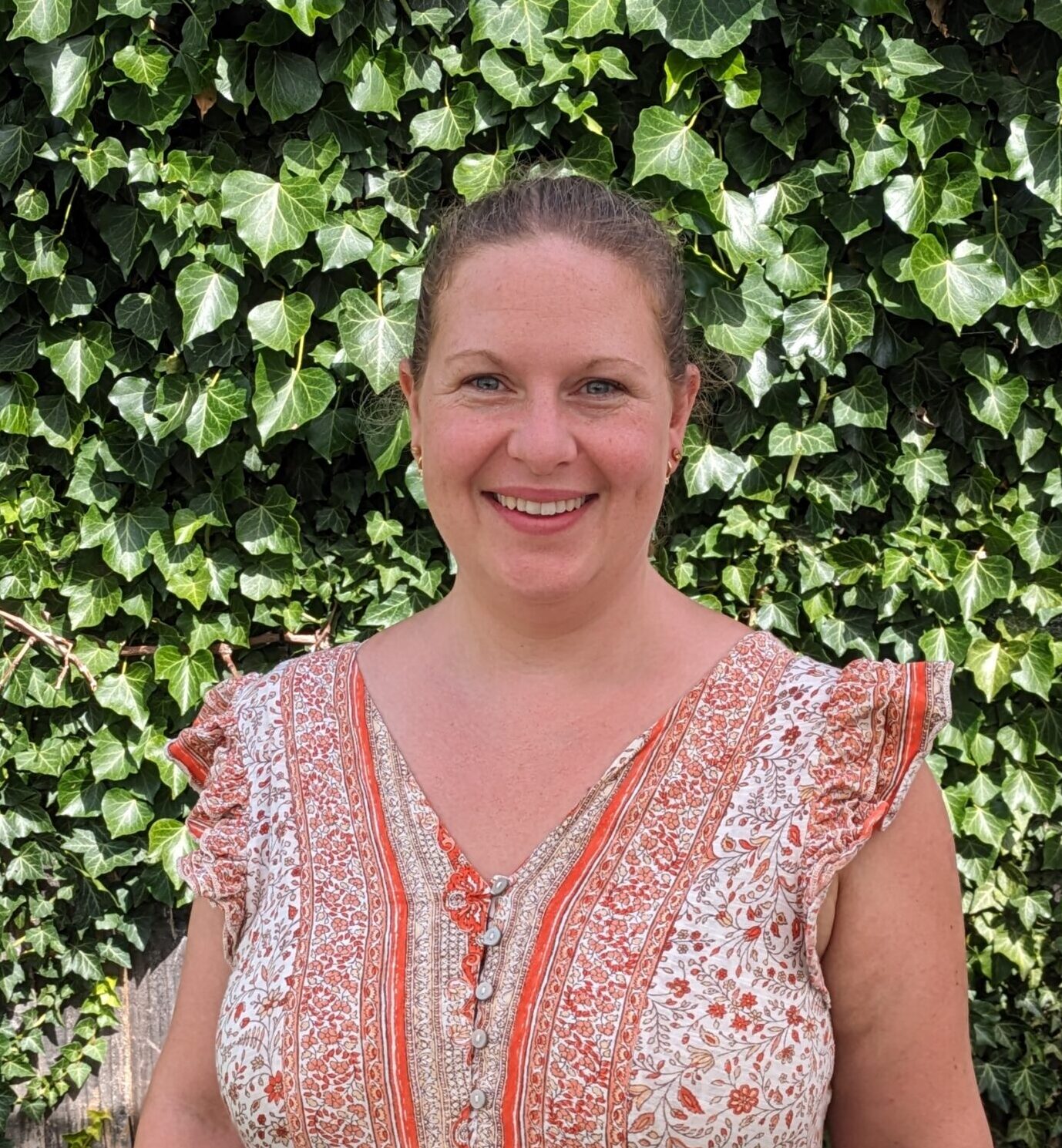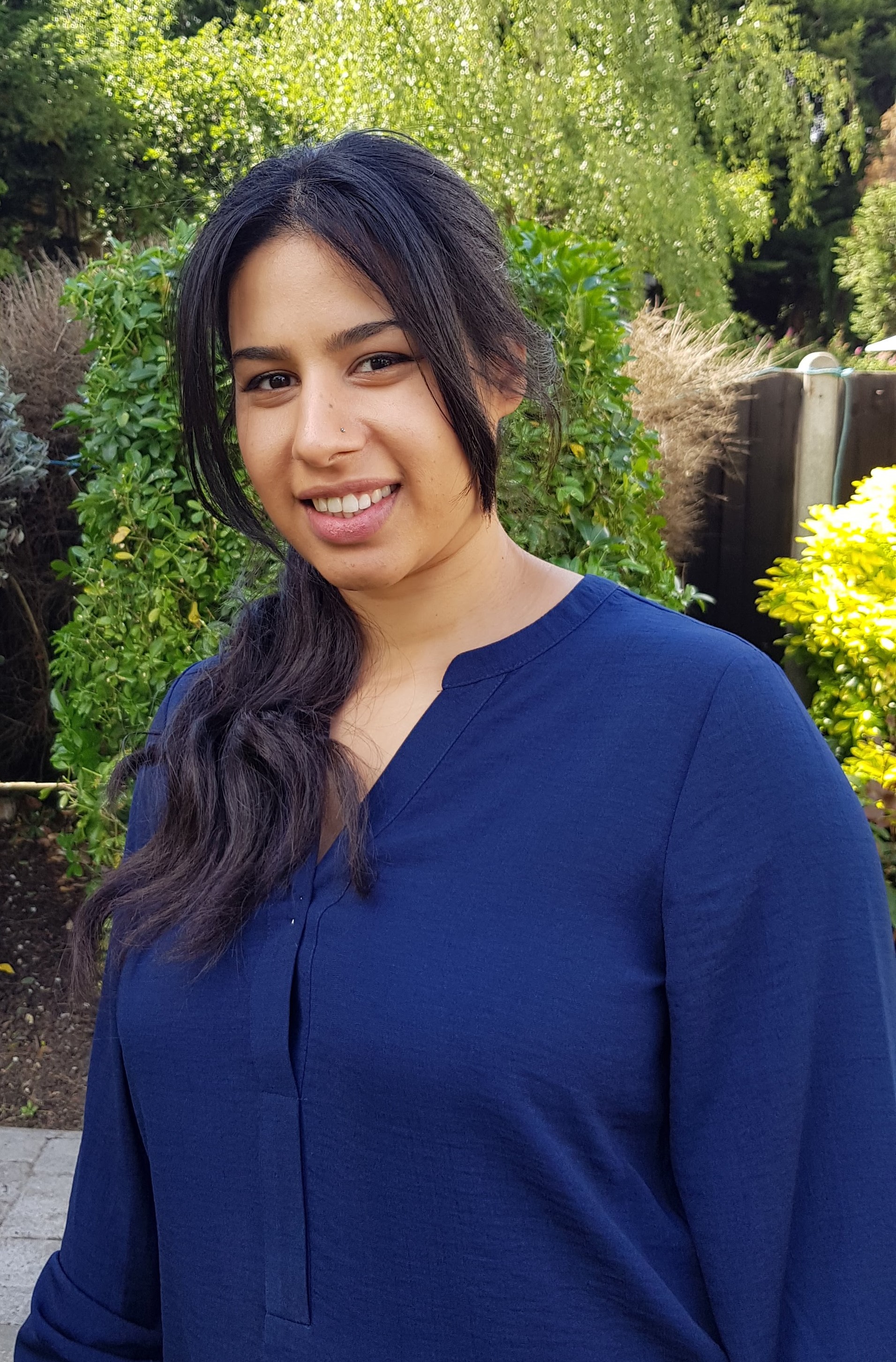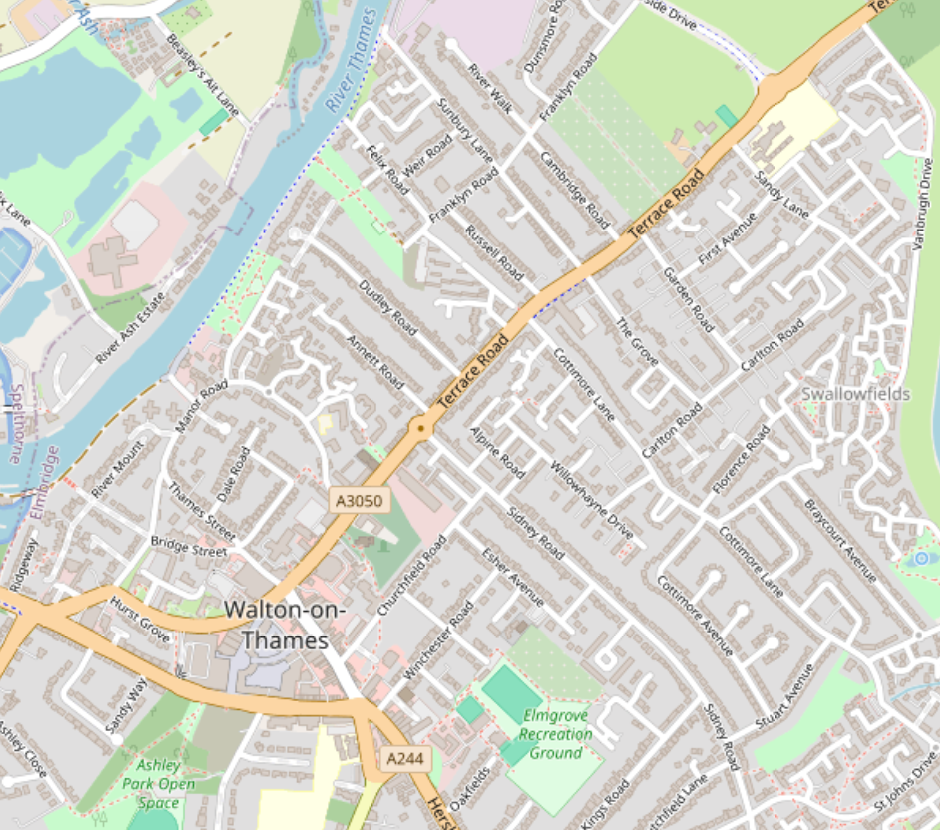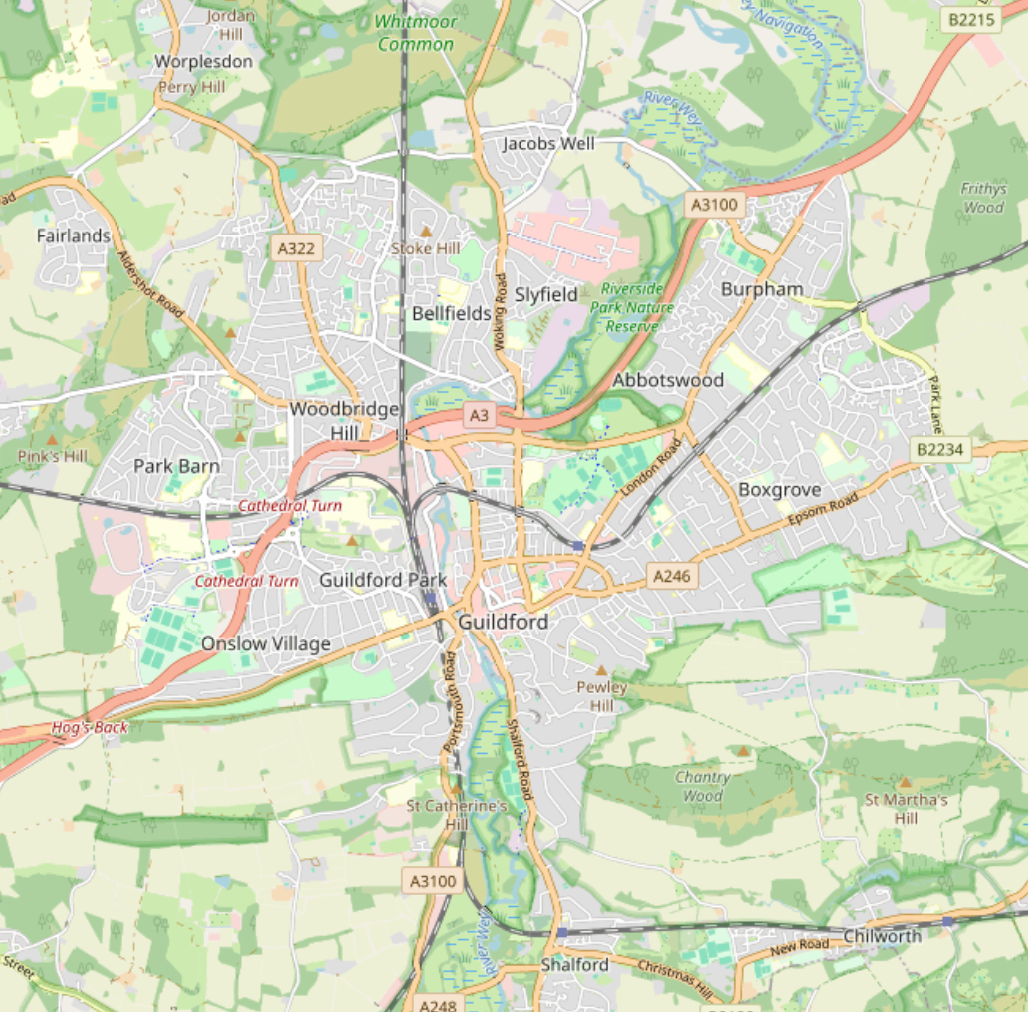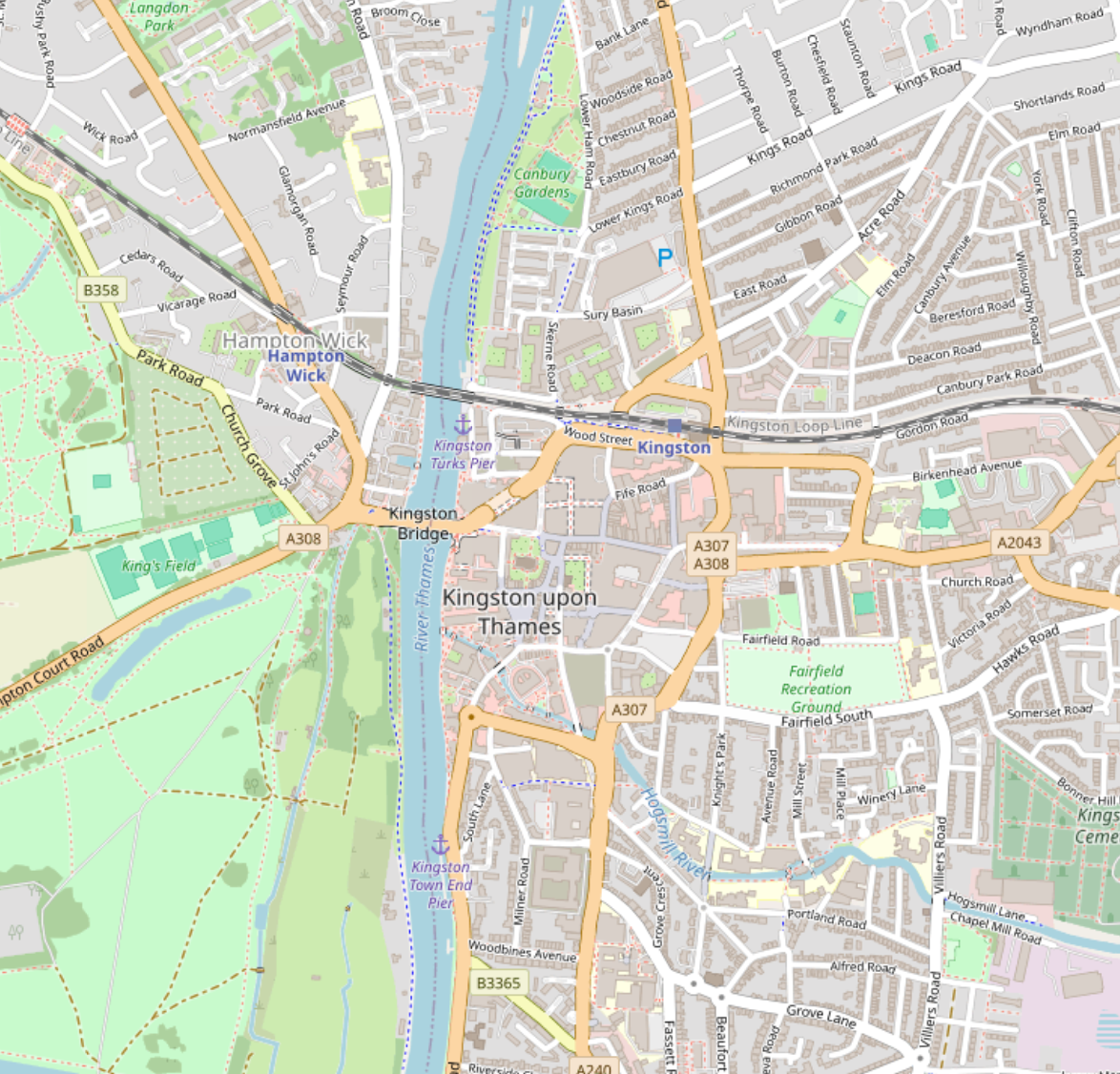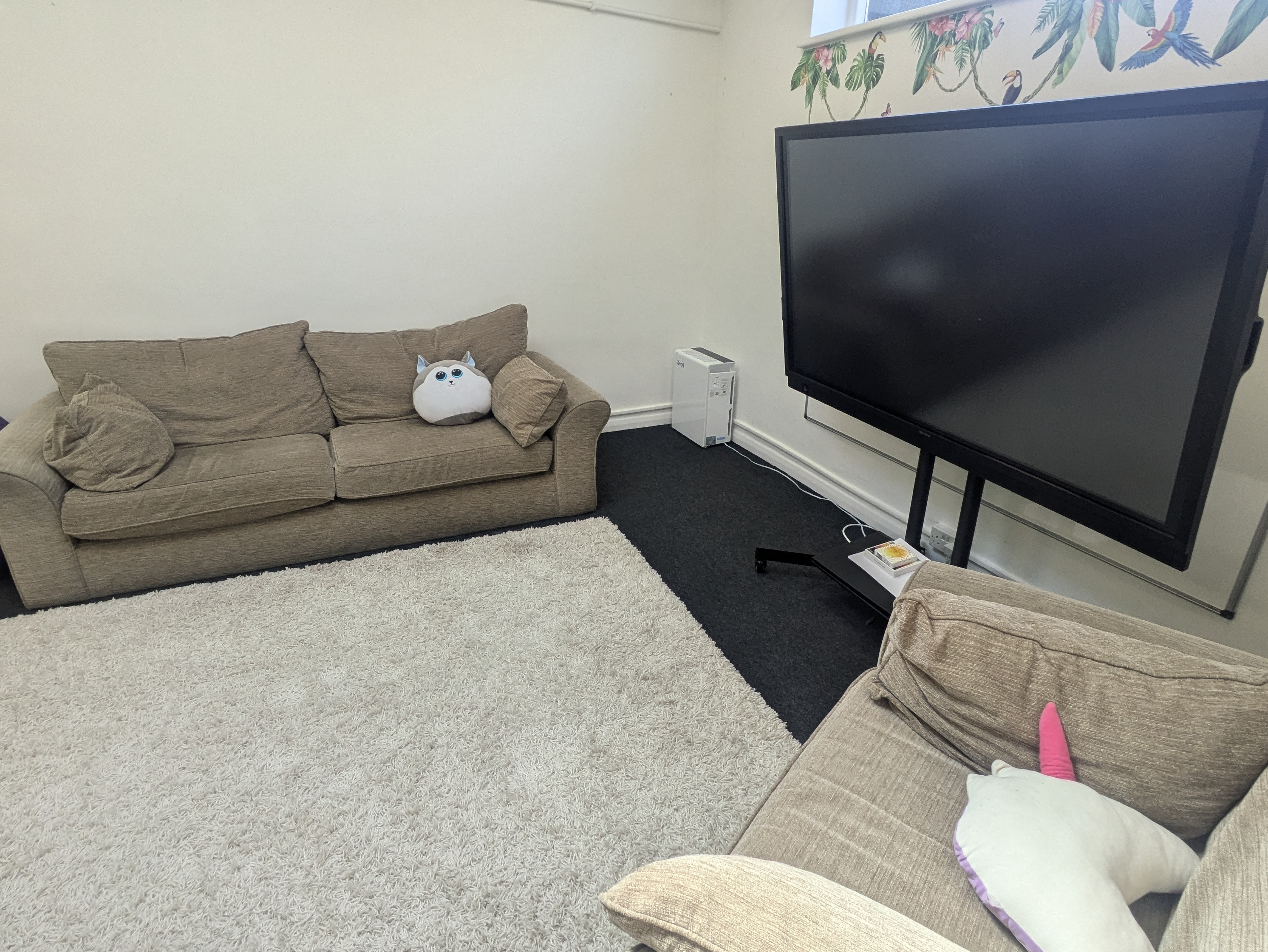Neurodevelopmental Assessments
We offer gold-standard assessment packages, utilising
diagnostic tools (such as the ADOS-2 ADI-r QB-test, Conners and
SNAP-IV) in order to diagnose autism in children, young people and
adults. Our assessments are aligned to the NICE guidelines, and any
diagnosis we give meets the criteria for the NHS, schools and local
authorities, so you can be assured that your diagnosis and report will
be accepted elsewhere.
Autism Diagnostic Assessment: from £2,250
This is a multi-disciplinary team (MDT) assessment, with our
autism assessment specialists from the fields of clinical psychology
and speech and language therapy. Using a combination of developmental
history and assessment through observation, we work together to
determine whether or not our client meets the criteria for an autism
diagnosis. Once our team has discussed the assessments and compiled
the report, you will be invited to meet with one of our team to be
given the results, and where appropriate, an autism diagnosis. And our
input doesn’t end with the diagnostic outcome, we offer a follow up
appointment to discuss how our conclusion was reached, and another one
to give you the chance to ask us questions after you’ve had chance to
consider our feedback. You can use this to ask anything you want, from
further information on the assessment, next steps, and advice to
implement support at home, at work, or at school.
ADHD Diagnostic Assessment: from £2,250
This is a multi-disciplinary team assessment, including our
ADHD assessment specialists from the fields of clinical psychology and
speech and language therapy. Using a combination of developmental
history and assessment through observation, we work together to
determine whether or not our client meets the criteria for an ADHD
diagnosis. Once our team has discussed the assessments and compiled
the report, you will be invited to meet with one of our team to be
given the results, and where appropriate, an ADHD diagnosis.
Just
as in our autism assessments, our input doesn’t end with the
diagnostic outcome, we offer a follow up appointment to discuss how
our conclusion was reached, and another one to give you the chance to
ask us questions after you’ve had chance to consider our feedback. You
can use this to ask anything you want, from further information on the
assessment, next steps, and advice to implement support at home, at
work, or at school.
Please note, we do not offer a medication prescriber service at
present
Combined Autism and ADHD Diagnostic Assessment: £2,750
This combines the above assessments in order to investigate
whether our client has one or both neurodevelopmental conditions
listed above. Some aspects of the above assessments are used in both
types of assessment and can therefore be used in the clinical decision
making process for both conditions. Other elements are unique to the
assessment for each condition and both are required for us to have
sufficient information. You will receive one report that covers all
information from the assessment. As above, follow up care is also
provided through feedback and question & answer sessions, with the
option for therapy or parent coaching for ongoing support after the
assessment process is finished.


